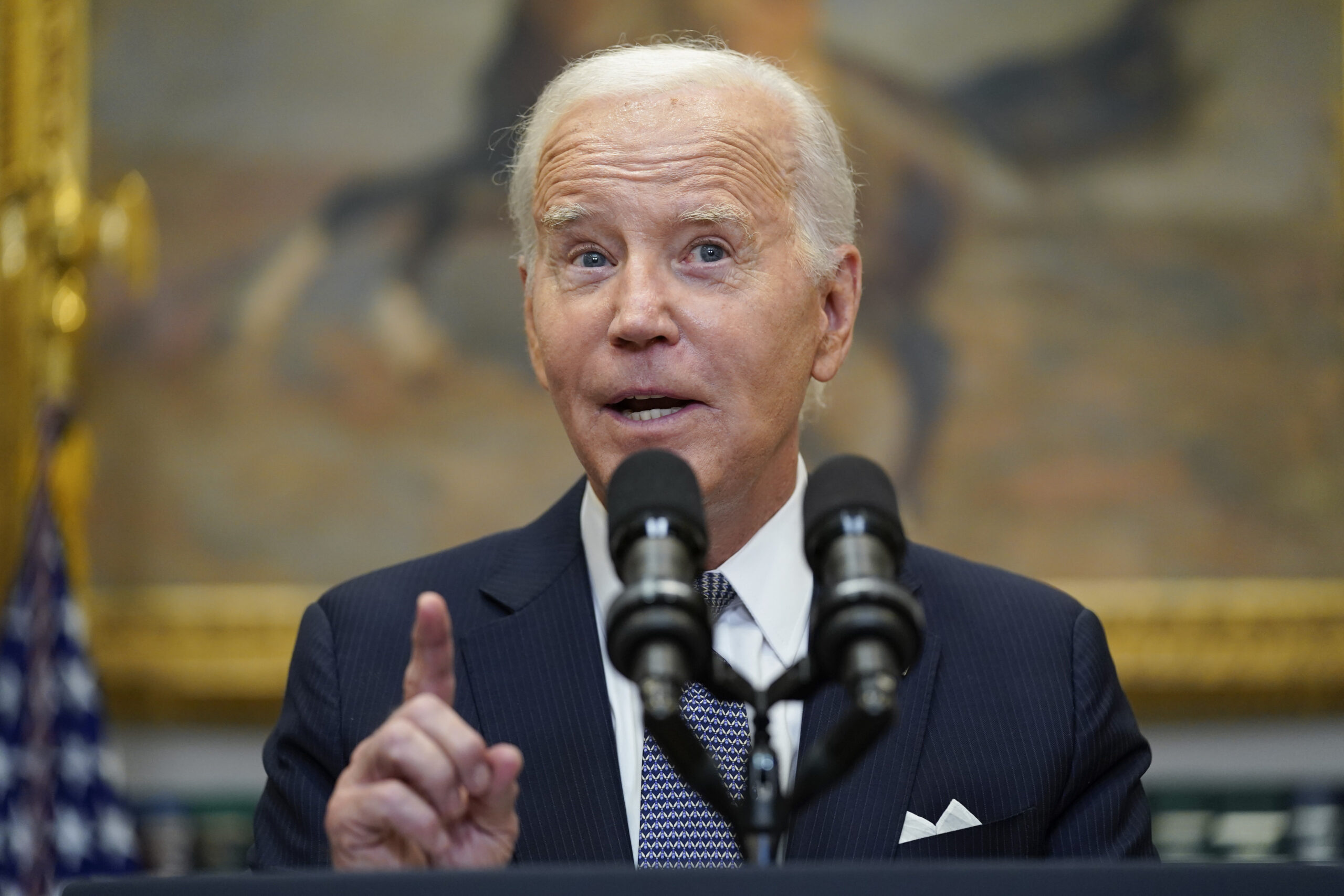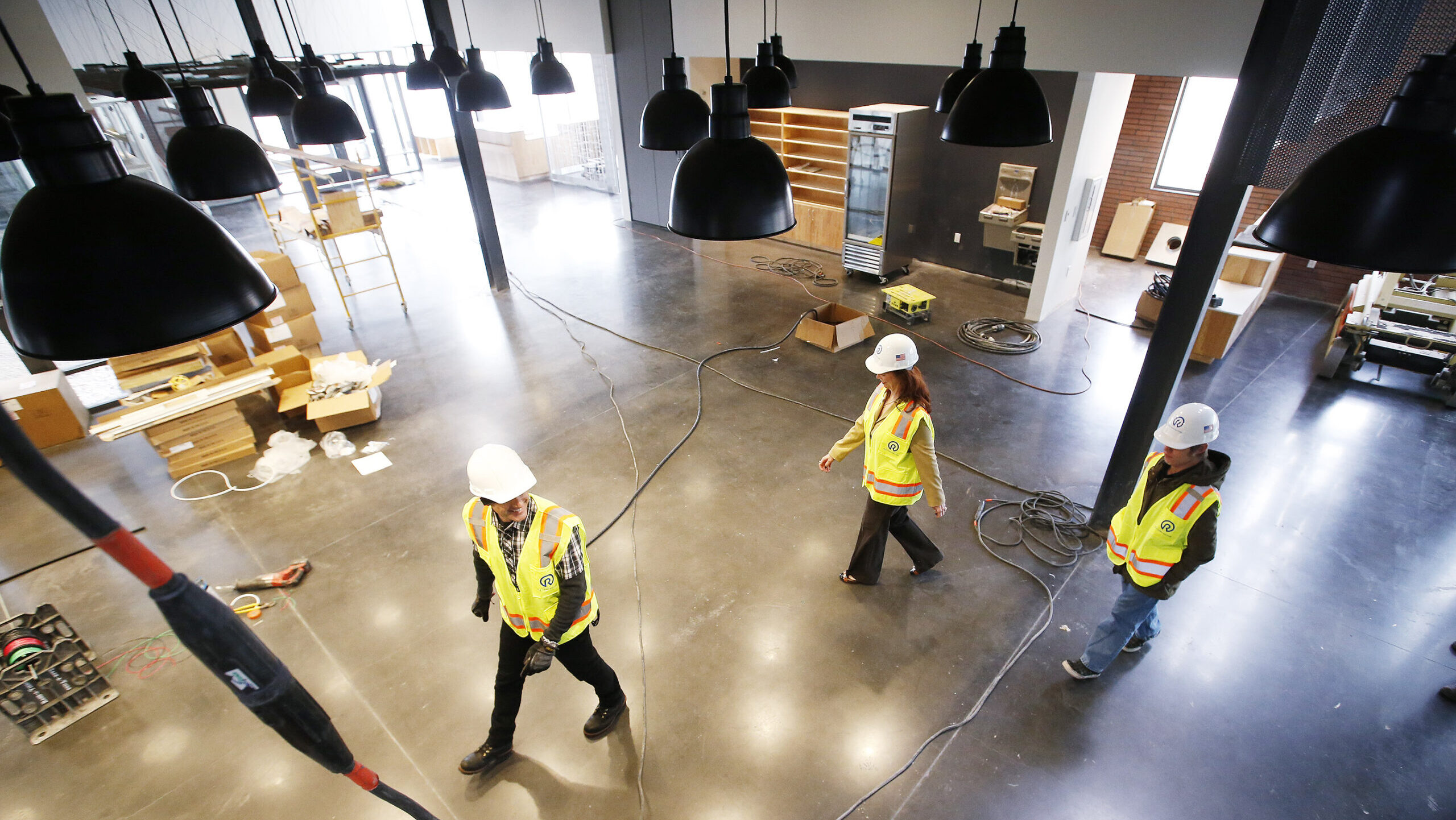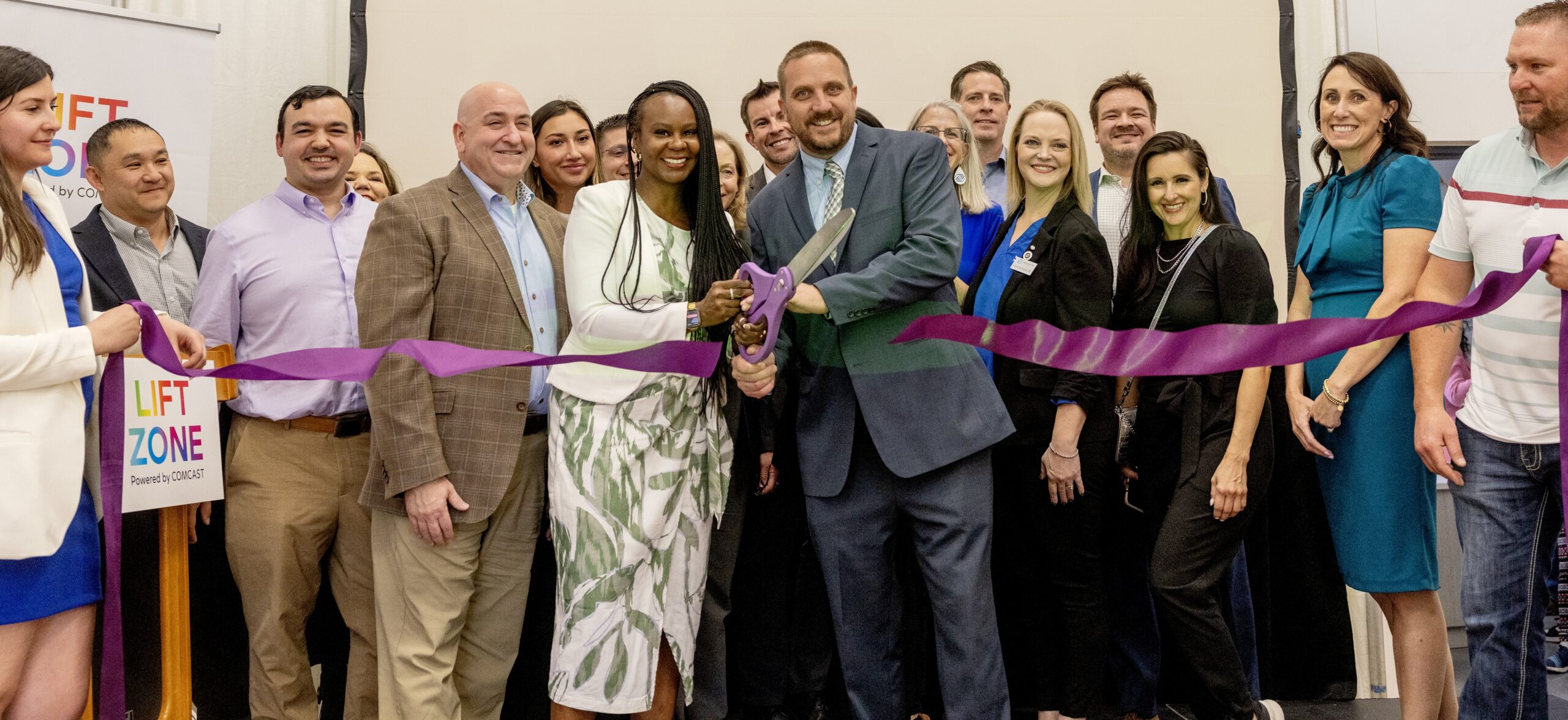Is there a student loan forgiveness backup plan? President Biden is working on one
Jul 5, 2023, 9:30 PM | Updated: Sep 11, 2023, 11:41 am

President Joe Biden speaks in the Roosevelt Room of the White House, Friday, June 30, 2023, in Washington. The Biden administration is moving forward on a new student debt relief plan after the Supreme Court struck down his original initiative to provide relief to 43 million borrowers. (AP Photo/Evan Vucci)
Credit: ASSOCIATED PRESS
(AP Photo/Evan Vucci)
SALT LAKE CITY — Last week, the US Supreme Court, in a 6-3 decision, overturned President Biden’s student loan forgiveness plan.
In some cases, the plan eliminated up to $10,000 to borrowers. It also eliminated up to $20,000 for people who had taken out Pell grants and their income was under $125,000.
Anne Flaherty, ABC News senior national policy reporter, tells KSL NewsRadio of President Biden’s latest plan.
“So, one of the things he talked about is he is going to try and resurrect his program,” she said. “But using a different legal authority.”
Because of the pandemic, Flaherty says President Biden had tried to connect his program to the 2003 Heros Act. With this piece of legislation, the Secretary of Education could essentially wave or modify loans if an individual was going off to war.
“So, he used that law to try and support his program,” Flaherty said.
After the Supreme Court made its ruling last week, the president is now turning to the 1965 Higher Education Act to support his plan.
“Now this is something that set up the loan program to begin with,” she said. “And it does give the Education Secretary the power to waive and modify loans.”
However, Flaherty says nothing has changed with the Supreme Court.
“They don’t believe that the executive branch has this kind of power,” she said. “They said Congress still controls the purse strings.”
She says the new plan will probably take a year to “get off the ground.” Additionally, Flaherty isn’t sure if it would survive a court challenge.
Another thing President Biden is talking about is a Income Driven Repayment Plan. Flaherty says this is something that the President doesn’t need Congress’ approval for.
“He is lowering the cap that monthly payment that people have to pay these loans back,” she said. “So instead of 10 percent, you only have to pay back 5 percent of your discretionary income. That’s going to help a lot of people.”
President Biden is also talking about a grace period. The loans wouldn’t go into delinquency. However, interest would still accrue on those loans.
“So, that’s not ideal tactic to take,” Flaherty said. “If you can make these payments, you should.”
KSL at Night can be heard weeknights from 7 to 9 p.m.













